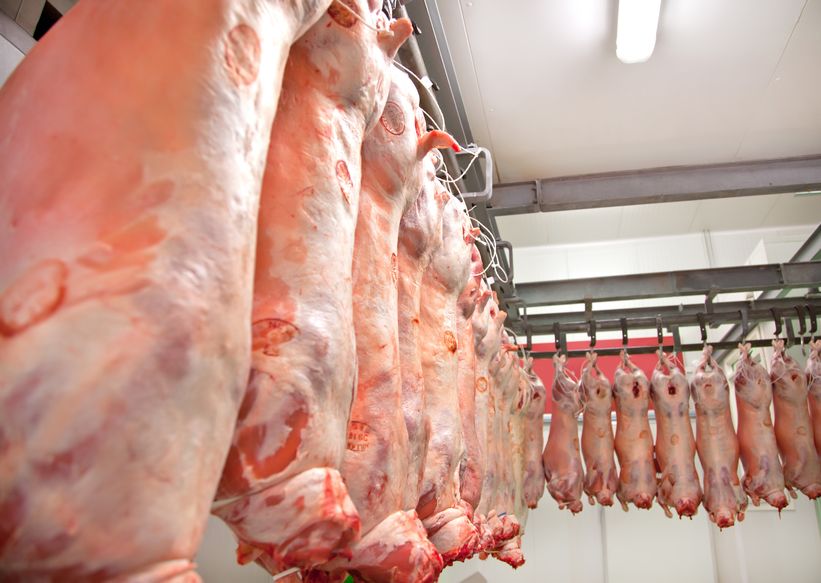
The latest statistics showing a fall in New Zealand lamb imports and a boost in UK exports has led the industry to reiterate the need for "free and unfettered" market access to the EU.
The latest import and export statistics from HM Revenue and Customs for the first half of 2017 contains good news for the sheep sector.
According to HMRC, imports of lamb into the UK market – primarily from New Zealand – fell by 15% when compared to the same period last year.
At the same time, the value of lamb exports from the UK soared by 25% to £177.3 million.
According to Welsh red meat body Hybu Cig Cymru – Meat Promotion Wales (HCC), the excellent trade performance is due to a combination of weaker Sterling and strong demand in key export markets for premium products.
HCC Chairman Kevin Roberts commented: “The decline in imports from New Zealand is welcome, showing that UK retailers are responding to their consumers’ demand for high-quality home-produced meat.”
Mr Roberts added: “These export figures are also a major boost. It’s encouraging to see substantial 29% growth in sales to Germany, for instance, where HCC has mounted successful promotional campaigns for PGI Welsh Lamb over recent years in the country’s huge foodservice and catering sector.”
'Free and unfettered'
However, Mr Roberts warned that the figures reinforced the imperative need to maintain free and unfettered access to EU markets for British lamb.
“The HMRC statistics show that, aside from some growth in emerging markets such as Hong Kong, the vast majority of the increased exports in 2017 have come in EU countries such as France and Belgium, where the Welsh Lamb brand is well-known and respected,” he said.
“HCC stands ready to work with the industry to exploit new opportunities in the USA and elsewhere if and when long-running diplomatic negotiations to open those markets come to fruition, but at present well over 90% of our exports are to the EU,” he warned.
“These export figures represent a success story, but farmers need fair access to EU markets in order to maintain this momentum after Brexit in March 2019.”
'Transition period'
The UK sheep sector employs 34,000 people on farms and a further 111,405 jobs in allied industries. This contributes a huge £291.4m to employment.
This burgeoning industry, which farmers say must be protected when the UK leaves the EU, has spurred on fourteen leading farming organisations to write to the government urging continued membership of the customs union after Brexit.
In a joint statement they said it was vital to ensure a 'transition period' through which the UK retains unfettered access to European markets.
Phil Stocker, chief executive of the National Sheep Association (NSA) said that if the UK lost access to the Single Market, tariffs to the European Union could be so high that exporting lamb to the EU would simply not work.
“The big question mark is access for UK lamb to the European Single Market. At the moment about 35 per cent of our production would be exported and virtually all of that - 96 per cent - would go into the European Single Market tariff free at the moment.”
The biggest European market for British lamb is France.
